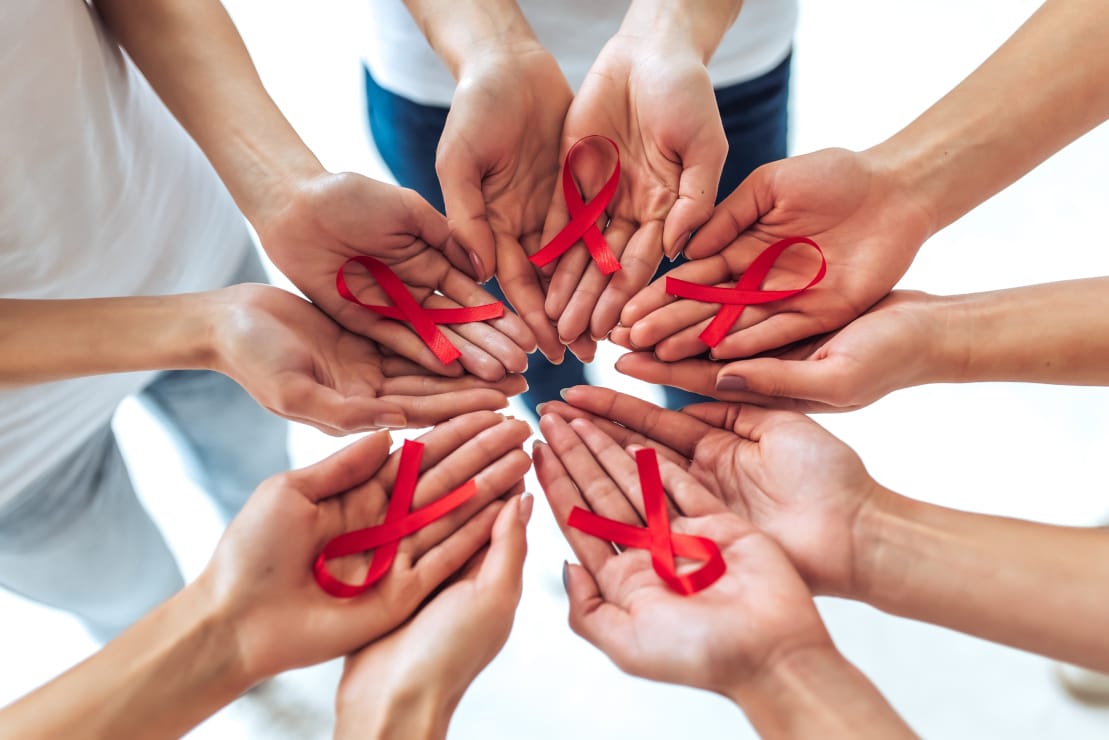The Food and Drug Administration (FDA) has announced a new proposal regarding the distribution of COVID-19 vaccines, aiming to refine its eligibility criteria. As the agency seeks to optimize vaccine allocation in the face of ongoing public health challenges, concerns have arisen among individuals who may not meet the new requirements. This development has sparked a dialogue about vaccine accessibility and the broader implications for public health, particularly for vulnerable populations.
The proposal is part of a broader strategy to enhance the effectiveness of vaccination campaigns amid changing variants and fluctuating infection rates. The FDA intends to prioritize groups most at risk for severe illness, thereby streamlining the vaccination process to ensure that those most in need receive prompt protection against COVID-19. However, the specifics of who will be excluded from eligibility have led to increased worries among various segments of the population.
Among the primary concerns are the implications for those with underlying health conditions or individuals who are immunocompromised. Many of these individuals fear they may no longer qualify for receiving the vaccine under the new guidelines. Immunocompromised individuals, who are at heightened risk for severe outcomes from COVID-19, have relied on vaccination as a critical line of defense. The notion that they may be sidelined from accessing COVID-19 vaccines is alarming to both healthcare experts and community advocates, who argue that these individuals should remain a priority in vaccination efforts.
Public health experts emphasize that maintaining high vaccination rates among all demographic groups, especially vulnerable populations, is crucial for herd immunity and overall public safety. Disparities in vaccine access have already exacerbated inequities in healthcare, and restricting eligibility could further entrench these disparities. The public discourse surrounding the FDA’s proposal highlights the delicate balance the agency must strike between optimizing vaccine distribution and ensuring that no group is left inadequately protected.
Many healthcare providers are expressing concerns about potential fallout from the FDA’s approach. Experts warn that limiting vaccine access could lead to increased hospitalizations and exacerbate health inequities. This concern is particularly pronounced among community health organizations, which serve as crucial links to underserved populations. They argue that broadening eligibility would align better with the goal of achieving widespread immunity and reducing COVID-19 transmission.
The announcement has also raised questions about the role of healthcare providers in advocating for their patients’ needs, particularly as the eligibility criteria shift. Many physicians strongly believe in the importance of individualized care and argue that keeping in mind the particular health circumstances of patients is essential. They are calling on the FDA to consider these factors when finalizing eligibility guidelines, advocating for a system that does not inadvertently disadvantage vulnerable populations.
Additionally, communication about the rationale behind this proposal is vital to ensure public understanding and trust. The FDA’s scientific rationale for determining eligibility, which includes epidemiological data and predictive modeling, must be clearly articulated to dispel fears and misinformation. Engaging communities in this dialogue can help bridge gaps in understanding and foster a cooperative spirit among public health entities and the citizenry.
The FDA has emphasized its commitment to public health and reconsideration of the proposal based on feedback from various stakeholders, including healthcare professionals, patient advocacy groups, and the general population. As this conversation evolves, ongoing public engagement will be paramount, allowing the FDA to adopt a more nuanced approach that prioritizes vulnerable populations without compromising the urgency of the vaccination campaign.
In light of this proposal, individuals and advocacy groups are mobilizing to ensure their voices are heard. Many are urging the FDA to reconsider aspects of the proposal that may inadvertently harm those who rely on vaccination for protection against COVID-19. A collective effort is evident, with community forums and discussions aimed at raising awareness of these concerns and advocating for more inclusive guidelines.
As the FDA prepares to finalize its recommendations, the upcoming weeks will be crucial for shaping a vaccination strategy that adequately addresses concerns from across the spectrum. Balancing efficiency in vaccine distribution with comprehensive access will be pivotal in maintaining public trust and ensuring that all individuals, especially those most at risk, feel adequately protected against COVID-19.
In conclusion, the FDA’s proposed changes to COVID-19 vaccine eligibility represent a significant juncture in public health strategy. While the agency’s intentions may be grounded in an effort to streamline and enhance the efficacy of vaccination efforts, stakeholders must navigate the complexities of ensuring that no group is left vulnerable. As discussions continue, the implications of this plan will undoubtedly be a focal point in safeguarding the health of diverse communities across the nation.



